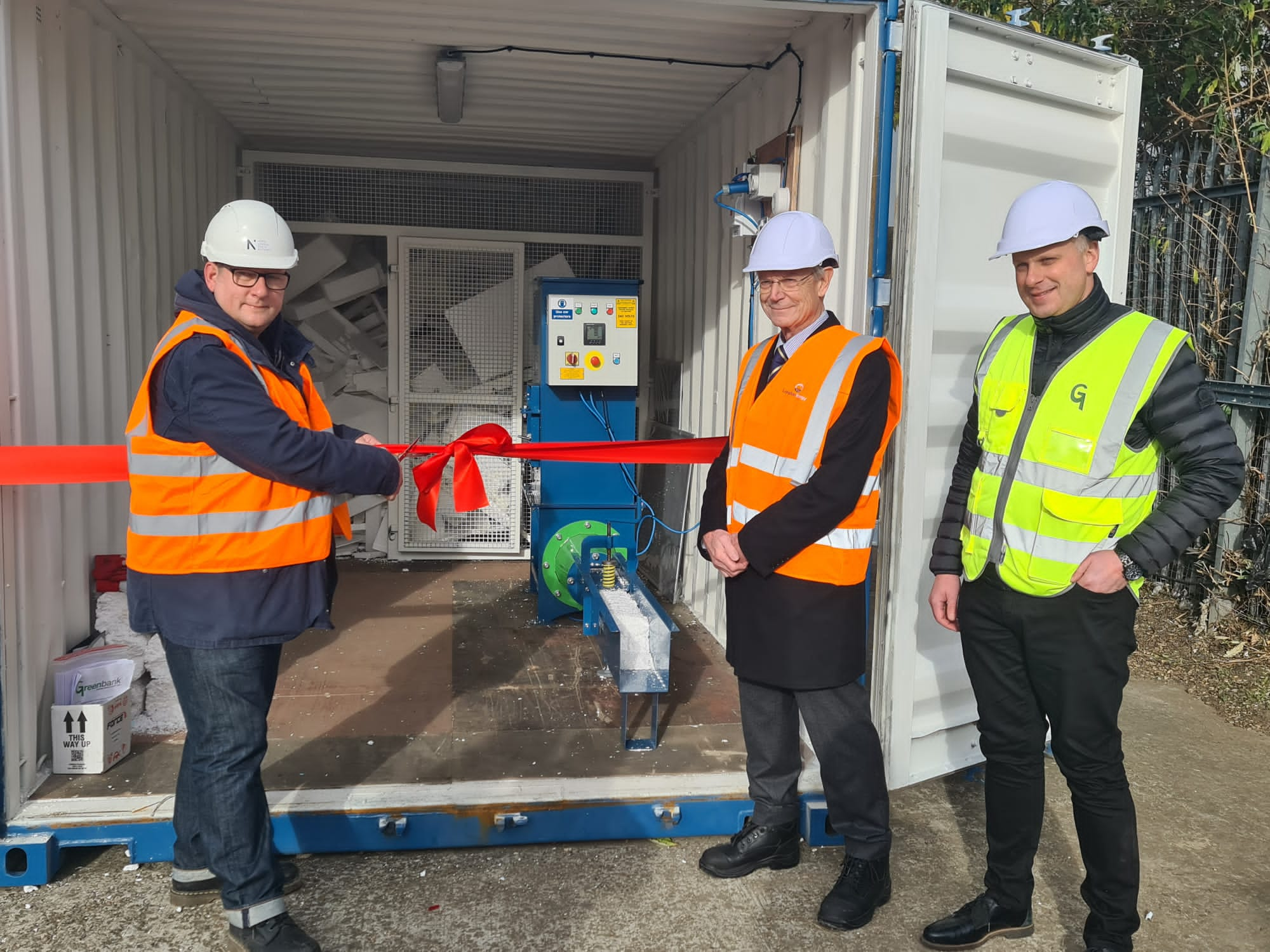Partnering against polystyrene waste: how we're working to make recycling easier
The British Plastics Federation is on a mission to combat polystyrene waste | Credit: Shutterstock
British Plastics Federation
Consumers are on board and the technology is already there. Now we just need the will and the know-how to maximise the opportunities to recycle polystyrene.
The British Plastics Federation (BPF) is working with Household Waste Recycling Centres (HWRC’s) in England, enabling householders to contribute to the recycling of expanded polystyrene (EPS).
With the emphasis on climate change and the health of our planet at the forefront of many people’s minds at present, we are on a journey which requires us to look at all opportunities to recycle wherever possible.
EPS Packaging – Uses and waste management
As we know, polystyrene packaging is highly effective in protecting electrical items such as televisions, microwaves and fridges due to its impact strength, lightweight composition, and resistance to water ingress. The resource efficient method of production saves energy, material and transportation, with a small carbon footprint. Maybe what is less widely known is that EPS is comprised of 98% air and is 100% recyclable. In the UK, currently 54% of the material is recycled with measures in place to trace the material. Only 2% of a typical box is material, helping to reduce wastage by reducing the amount of goods being broken or damaged. Indeed, other uses include bicycle helmets, live organ transport and pharmaceutical packaging to name a few. It can also be used to fuel transportation when processed in a particular way.
EPS Packaging - Recycling
To date, pilot schemes conducted have yielded successful results enabling the collection of good quality, clean material to be recycled. The response from the public has also been very positive with householders keen to engage with the opportunity to contribute to the circular economy and recycle more. One of the key areas to make this successful is the availability of infrastructure. Research has shown that an effective business model, enabling the collection and processing of the material, provides both environmental and financial benefits by reducing the cost of transportation, compacting on-site to produce material ready for recycling into new products.

Councillor Clyde Loakes (NLWA) cuts ribbon of new compactor, with EPS Group Chair David Emes (BPF) and Greenbank Director Robin Evershed
North London Waste Authority
At the invitation of the Chair of the North London Waste Authority (NLWA) Cllr Clyde Loakes, Chair of the BPF EPS Group David Emes entered into discussions regarding their challenges around the environmental and financial costs of recycling EPS material at their HWRC’s. Mr Emes noted that “from our initial discussions we were able to offer advice based on our experience. Equally important was being able to introduce NLWA to Greenbank Waste Solutions, the compactor supplier.” The NLWA currently have 2 million residents producing 675,000 tons of household waste from six boroughs. The meeting also provided an opportunity to share a previous successful pilot project in Leeds.
The Leeds project commenced in 2018 as a result of an invitation to participate in a trial from the Local Authority Recycling Advisory Committee (LARAC). This led to a trial at two sites in Leeds with the council creating a business model which would enable HWRCs to provide a recycling facility for the general public, contributing to raising the amount of EPS recycled.
As a result of discussions, a unit has been designed by Greenbank Waste Solutions to provide an on-site facility to compact EPS ready for recycling into a number of applications but primarily into extruded polystyrene (XPS) insulation panels which in turn reduce the carbon footprint of both domestic and commercial buildings. On 8 November 2021 Cllr Loakes, Mr Emes and Mr Evershed (Greenbank) cut the ribbon and launched the compactor at the NWLA site in London.
Trials are commencing during November 2021 and the results will be monitored along with discussions with a number of other Local Authorities in England, to continue the journey taking us towards more uptake for the future of the EPS Circular Economy.
For more information on the EPS recycling project, please contact Nicki Hunt-Davison at nhuntdavison@bpf.co.uk or Matt Davies at mdavies@bpf.co.uk
PoliticsHome Newsletters
Get the inside track on what MPs and Peers are talking about. Sign up to The House's morning email for the latest insight and reaction from Parliamentarians, policy-makers and organisations.
